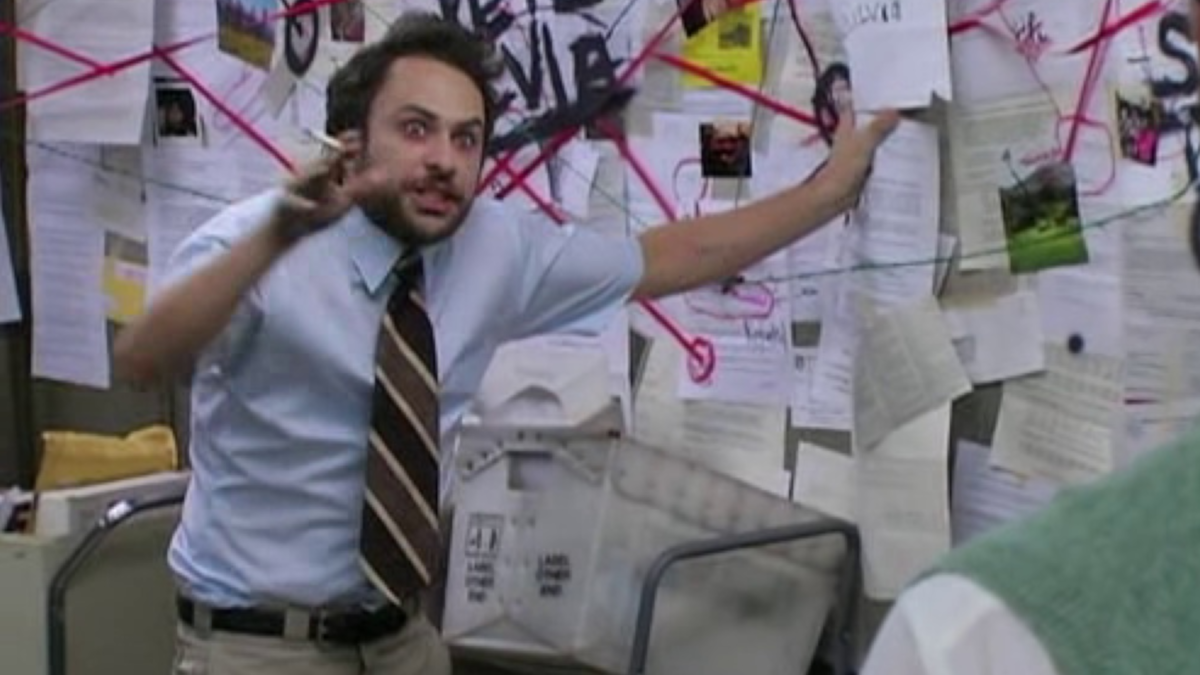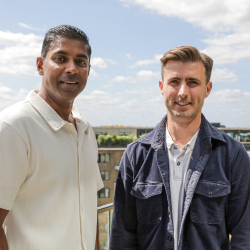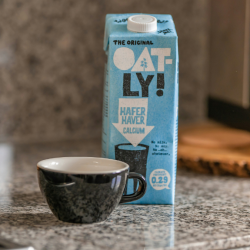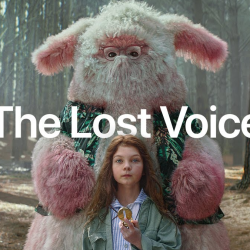This is all about the difference between a goal and a plan
The difference between knowing where you’re going and knowing how you’re going to get there. And the belief that one helps, and the other hinders. When you’re learning to snowboard, ski or surf, the best advice is don’t look at your feet, look at the beach or the bottom of the hill. Your brain needs to focus on the destination and let your body get you there. In fact, your brain focusing too consciously on the body’s actions hinders the body doing what it needs to.
The same is true of professional or personal achievement, just swap ‘the beach’ for career success or life goals. It’s all about trying to worry less about the day to day micro adjustments of plans, and instead to keep focused on the end goal. It’s easy to assume the secret to this is flexibility. Being able to roll with the punches and grab opportunities. And it is, in part.
But in fact, flexibility is a product of something much more profound: trust
Trust your feet to know what they’re doing. Trust your gut to detect bullshit or bullies; to tell the difference between great ideas or decisions, and ropey ones. And in doing so embrace a willingness to let go of controlling every variable. Trust in yourself and those around you to make the right choices in the given circumstances to move you closer to that goal. Even if those choices or circumstances deviate from expectations or plans. In fact, particularly if they do — because life happens in those moments, when you’re rolling with the punches and absorbing external factors that can spring up out of nowhere.
And what comes with moving away from micro-managing the everyday is a sort of cosmic openness. Being too focused on a plan means you fail to see opportunities — opportunities that may even get you to your end goal faster or, at the very least, mean when you do get there you are better equipped to make the most of the moment — to smash it, to enjoy it.
Sam Ryder (yep, the Eurovision guy with the great hair) said something once that stuck with me: “I focused my attention on telling myself that I could only make my dreams happen via a single predetermined course. In my experience letting go of that belief brings the dream infinitely closer.” Which is to say, there are many ways to achieve the thing you want, and the unconsidered option might be the most efficient.
His dream? Singing with the Foo Fighters. Did he think that would be delivered through Eurovision, the campest, arguably least cool music platform in the world? No. But it was. And had he been focused on doing in the ‘proper’ way — the gigging in pubs, getting spotted, signing a deal and moving to LA way — he wouldn’t have ended up doing exactly as he dreamed: belting out “Somebody to Love” on stage with the Foo Fighters and Brian May.
This is a powerful way to not only live life but, in my experience, to run a business and a team
Know what you want to achieve. Be flexible about how you get there. Stay open to opportunities. Relinquish control. Acknowledge that everyone has their own way of working and thinking. And empower your team to get there their own way.
When Simon [Hewitt] approached me about starting the business with him we had no idea what was around the corner. A pandemic? A war? A cost-of-living crisis that would change the investment landscape for start ups and impact budgets? None of it.
Our ambition has always been to look back in a decade at the businesses we’ve worked with and see in amongst that list some of the most transformative, innovative, biggest businesses in the world, and to know that we played some small part in helping them get there. But how we get there, the model we operate, the team we build and the product we create is all constantly under review, constantly tweaked and changed.
In some ways this is also the essence of strategic planning — we set the goal, the objective, the key takeaway for the consumer. And then we relinquish control of how we get there to the creative. They chart the course. They decide what words, what pictures will move us from A to B. They decide whether it’s funny or sad, a meerkat or a drumming gorilla.
Any planner who thinks they actually make plans is, in my opinion, sadly mistaken. The most powerful thing you can do is set the goal, and then inspire, encourage and embolden those around you to explore the different paths to get there.
Featured image: It’s Always Sunny in Philadelphia





























